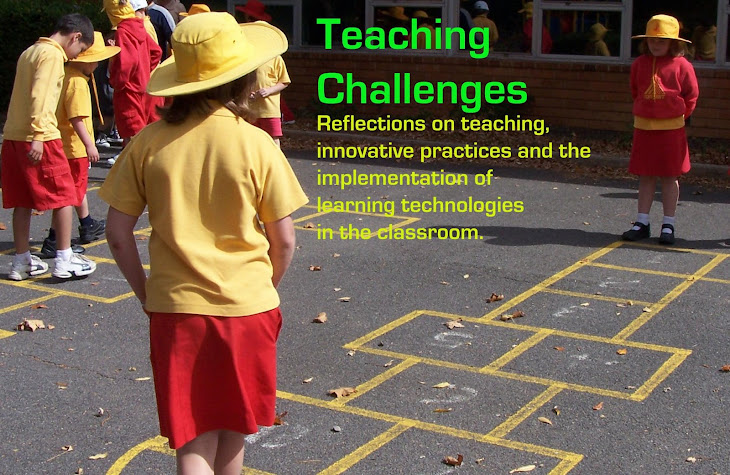Put Yourself In Their Shoes
I clearly remember how difficult it was to start out a new prac - particularly those first few lessons, when you are trying to juggle behaviour management, effective communication, interesting lesson, monitoring students, and keeping an eye on the time. That's not to mention the nervousness you feel to have all those little eyes watching and judging AND your mentor teacher watching and judging! Of course, when you finish the lesson, all you can think about is all the things you either did wrong, or forgot to do!
As a mentor teacher, it is important to appreciate the difficulty of that juggle and to be supportive and encouraging. Of course the student is not going to get it all right the first time. They haven't been in a classroom practising every day. That's why they're here! Notice the things they are doing well, and pick just one thing to work on at a time.
Encourage Reflection
Even as experienced teachers, we don't always perfect a lesson the first time we try something new. The reflective process is very important for improvement, and for acknowledging the things that have and have not worked.
I admit that I have a tendency to share what I have thought of a lesson, before asking my student what he/she thinks. This is a no-no as it may prevent the student from reflecting and sharing their own thoughts! If you allow the student to share their thoughts first, you can gain a greater understanding of the things they feel they are struggling with and help them to work through those issues first. This year I have been trying a "Professional Conversations" format provided by the University. This has a list of questions for both mentors and students.
Plan Their Learning Experiences
As the student is there to learn, it is important to plan the experiences that will help them to demonstrate the skills they are required to practise. I go through the report format with my student and we discuss possibilities for meeting the requirements. I also encourage the student to look at what they will be asked at interview so that we can include those aspects as well.
We try to include:
- a variety of curriculum areas
- a sequence of lessons, including assessment of the concepts
- extra curricular activities
- meetings
- article for the newsletter/or other parent communication
- visits with other specialist teachers in the school
- integration of ICT
- differentiation
- transitions between activities
- behaviour management strategies/resolving conflict
- duties
- team planning, assessment and moderation
- grading/reporting
How about you?
If you've mentored university students, what things do you find are helpful for making a successful learning experience for them? Please leave a comment.








